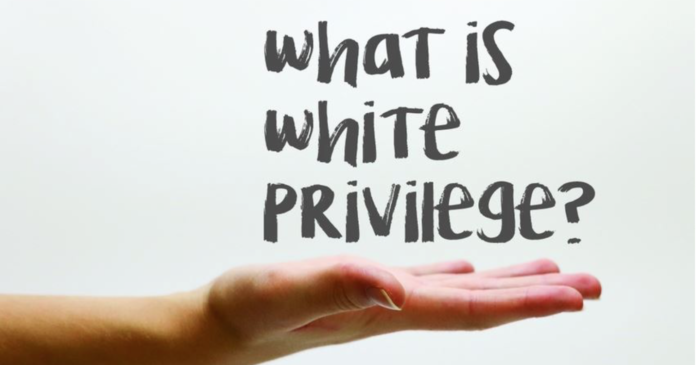Originally published by Jon Miltimore at Intellectual Takeout. Read the original article here
A newly created Minnesota board is seeking to implement a rule that critics say would introduce “social justice” training to the state’s teacher licensing.
The board, the Professional Educator Licensing and Standards Board (PELSB), was created after a 2016 audit concluded that the state’s teacher licensing system was “broken.”
The new 11-member board is seeking to adopt a rule that would require teachers to undergo training that “promotes self-reflection and discussion on all of the following topics”:
“…racial, cultural, and socioeconomic groups; American Indian students; implicit bias; systemic racism; gender identity, including transgender students; sexual orientation; language diversity; and individuals with disabilities.”
The introduction of social justice advocacy to Minnesota schools has been a topic of heated debate in the Gopher State.
In 2017, the upscale Edina School District came under national scrutiny after it was discovered that officials had introduced a strategic plan that promoted particular views on sexual orientation, racial identity, and gender equality.
Critics argue that the board’s new rule is a Trojan horse designed to introduce social justice advocacy in schools across the state.
“This is a power grab from the hard left,” said Julie Quist, chair of the Child Protection League, an advocacy group that speak out on issues related to child exploitation and indoctrination. “It’s not about education at all.”
Opponents of the rule change also say the board’s actions are undemocratic, noting that the new language and training requirement were not included in legislation signed by Governor Mark Dayton. (According to state documents, the board added these provisions late in 2017 to ensure “strong preparation of teachers.”)
State lawmakers said the board does not have the authority to rewrite the statute.
“I am vehemently opposing this rule as it is a total violation of state statute plus an overreach in the area of culture,” Rep. Sondra Erickson told Intellectual Takeout.
Another lawmaker wrote the administrative law judge to express her opposition to the rule.
“PELSB was not granted open-ended rulemaking authority by the legislature,” wrote State Sen. Carla Nelson, “The permanent rules PELSB is proposing exceed its legal mandate.
The case will be heard on March 2 by administrative law judge Jeanne M. Cochran.
Quist said there is growing concern among parents she speaks to about what is happening in many of the state’s schools.
“What are they doing to our children?” she asked. “They are teaching them to be ashamed of themselves.”











